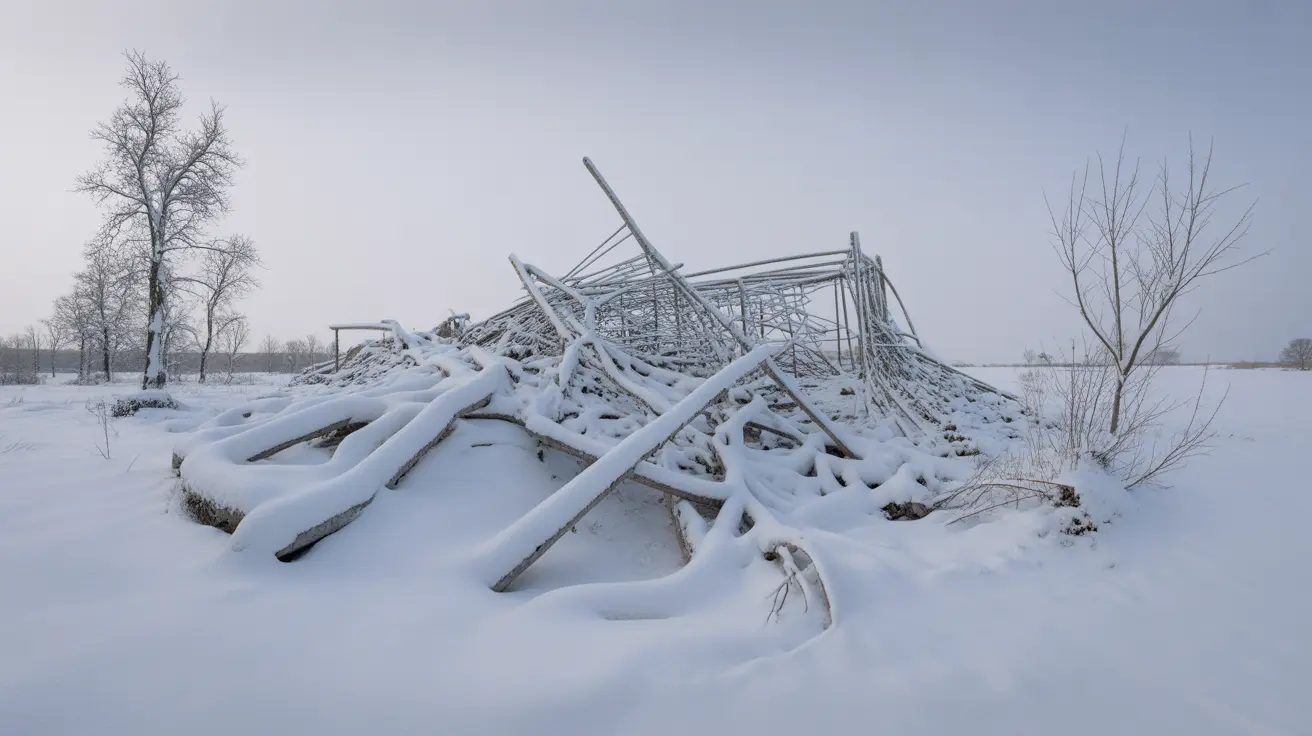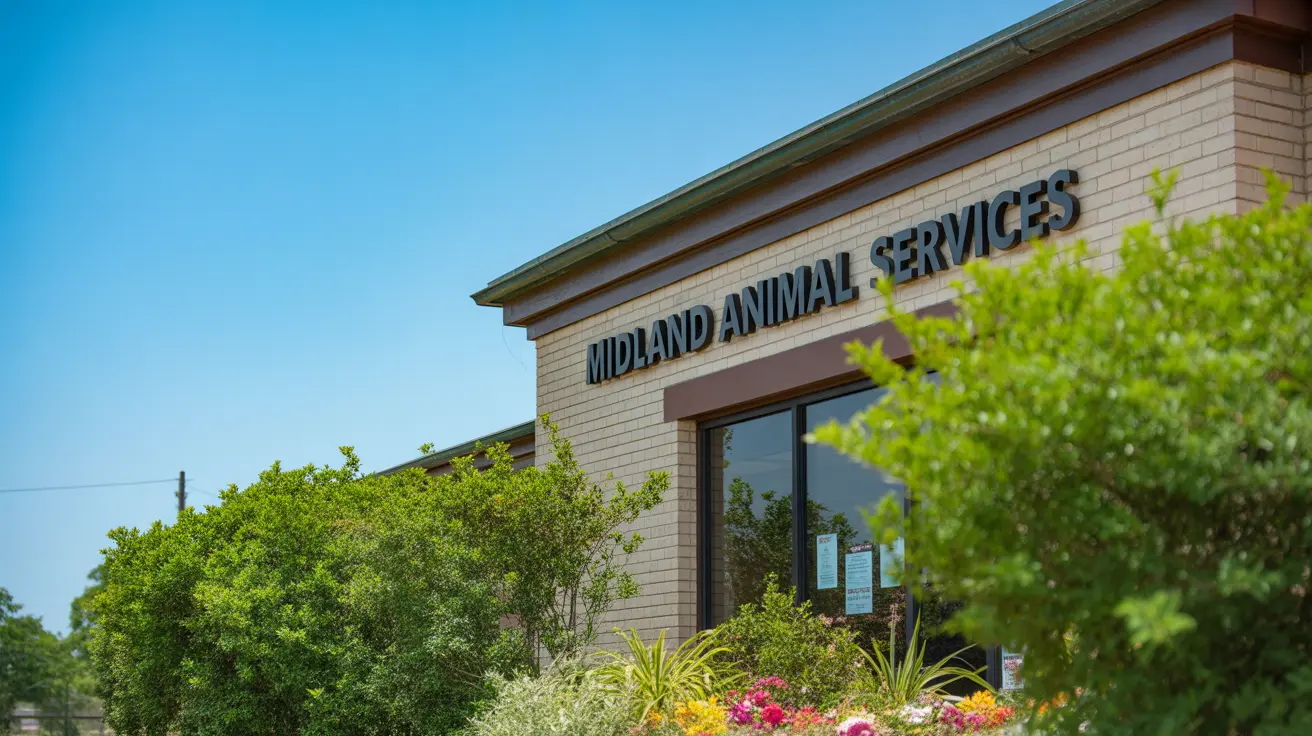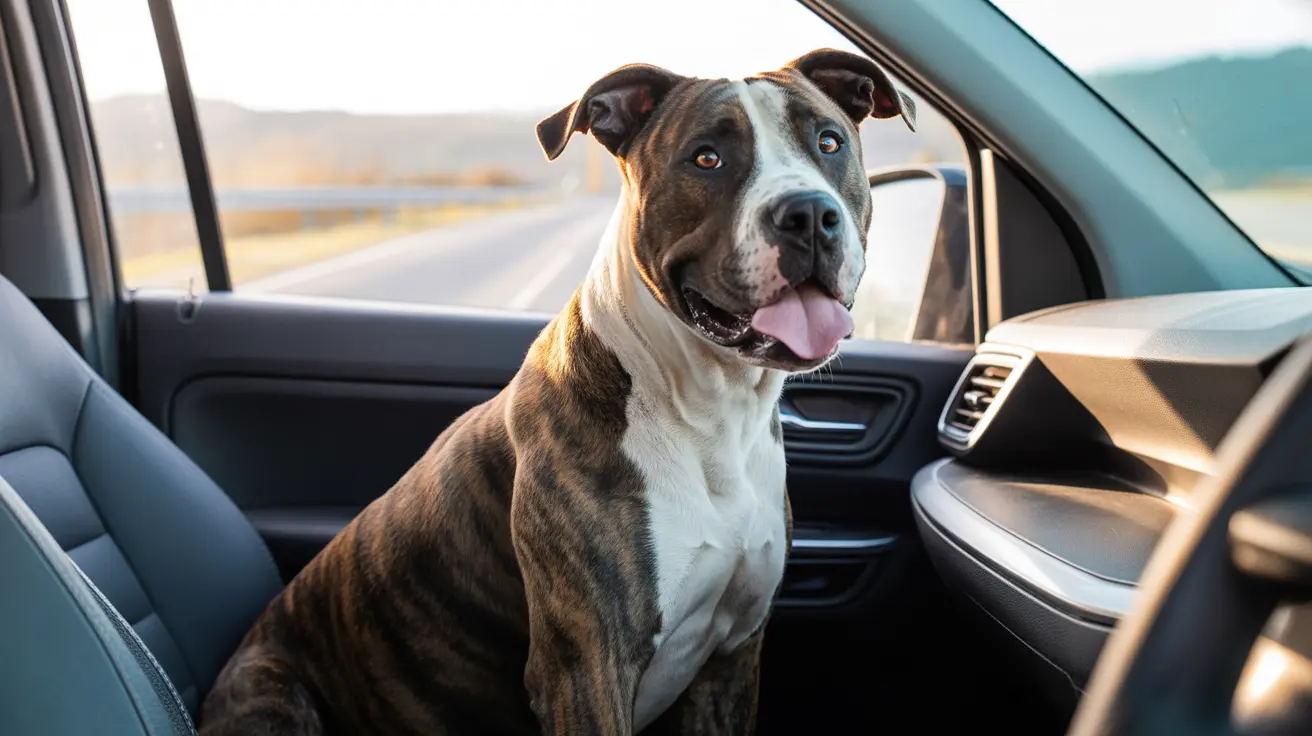The Evolutionary Purpose Behind the Behavior
Dogs' ancestors used scent-rolling as a survival technique in the wild. By covering themselves in strong-smelling substances like feces, they could mask their own scent from both prey and predators. This natural camouflage technique improved their hunting success and helped them avoid detection by larger predators.
Modern research suggests that wolves, the closest relatives to domestic dogs, still exhibit this behavior, particularly before hunting. This ancestral connection helps explain why our domesticated companions maintain this instinct despite no longer needing it for survival.
Communication and Social Signaling
For dogs, rolling in poop serves as a form of communication with other canines. When they return to their pack (or home) covered in a new scent, they're essentially bringing back "news" about their environment. This behavior can be compared to how we might share information about our day – except dogs do it through scent rather than words.
The behavior also helps dogs mark territory and establish their presence in an area. By mixing their scent with other strong odors, they create a unique olfactory signature that other dogs can detect and interpret.
The Role of Canine Sensory Preferences
While humans find the smell of feces repulsive, dogs process scents differently. Their highly developed olfactory system finds complex layers of information in smells that we simply register as unpleasant. What we perceive as disgusting might be fascinating or attractive to a dog's sophisticated sense of smell.
Health and Safety Considerations
While this behavior is natural, it can pose health risks. Dogs rolling in feces may expose themselves to harmful bacteria, parasites, and other pathogens. This is particularly concerning if they're rolling in the waste of unknown animals or wildlife.
Regular veterinary check-ups and prompt cleaning after any rolling incidents are essential to maintain your dog's health and prevent the spread of potential infections.
Managing and Preventing the Behavior
While you may not be able to completely eliminate this instinctual behavior, there are several effective management strategies:
- Keep your dog on a leash in areas where they're likely to encounter feces
- Train a strong "leave it" or "come" command
- Provide plenty of mental and physical stimulation to reduce boredom-driven behaviors
- React calmly when it happens to avoid reinforcing the behavior with attention
Frequently Asked Questions
Why do dogs roll in poop and other strong-smelling substances?
Dogs roll in strong-smelling substances primarily due to instinctual behavior inherited from their wild ancestors. This helps them communicate with other dogs, mask their scent, and gather information about their environment.
Is rolling in poop a normal behavior for dogs or a sign of a problem?
Rolling in poop is generally normal canine behavior, rooted in their evolutionary history. However, excessive rolling might indicate boredom or anxiety and should be discussed with your veterinarian.
How does rolling in poop relate to dogs' natural instincts and communication?
This behavior is closely tied to dogs' natural instincts for scent communication and territorial marking. It allows them to bring information back to their pack and establish their presence in an area.
Can rolling in poop expose my dog to health risks, and how can I prevent it?
Yes, contact with feces can expose dogs to parasites, bacteria, and other pathogens. Prevention involves careful supervision, leash control, and training. If exposure occurs, thoroughly clean your dog with pet-safe products.
What are effective ways to stop my dog from rolling in poop during walks?
Effective prevention strategies include maintaining leash control, teaching strong recall commands, avoiding areas with animal waste, and providing alternative engaging activities during walks.
Understanding why dogs roll in poop helps us approach this behavior with patience and appropriate management strategies. While we may never completely eliminate this natural instinct, we can work with our dogs to minimize its occurrence and maintain their health and cleanliness.






